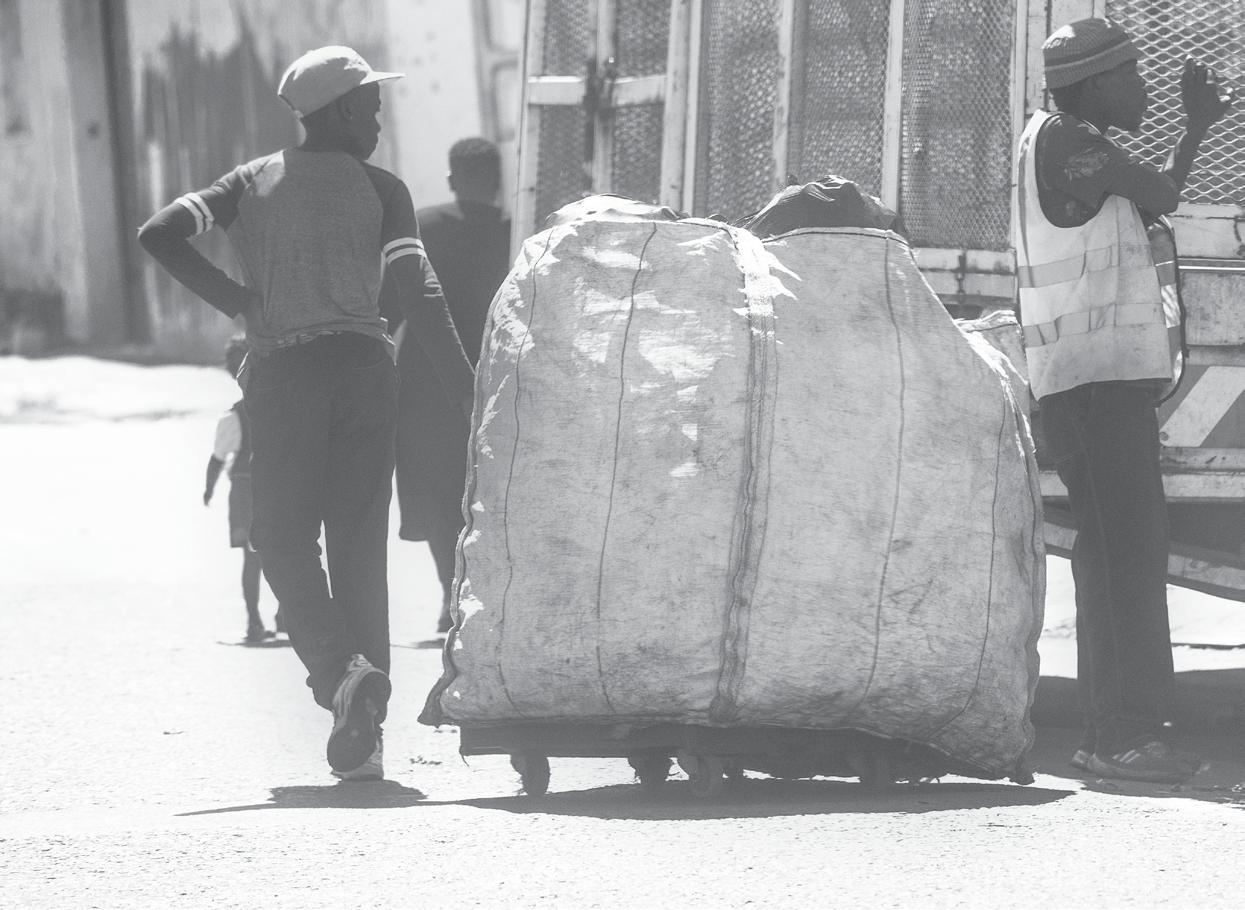G R O U N D WAT E R
Determine leachate risk before drilling
Contamination from petroleum hydrocarbons and industrial solvents is not easy to trace to a particular source
Companies and municipalities looking to use groundwater as a path to water resilience need to pay careful attention to the risk of contamination from leachates before rushing into drilling boreholes. This is according to Richard O’Brien, principal environmental geochemist at SRK.
C
The contamination of groundwater by leachate from various sources becomes more of an issue as municipalities and businesses try to become ‘water resilient’
If contamination has occurred in the upper layers, which are not adequately sealed off from the aquifers below, cross-contamination can occur
er tain chemicals that can contaminate groundwater can make water from these sources unfit for their intended use. Furthermore, the cost of treating contaminated water once pumped to surface could be prohibitive – rendering the whole exercise unsustainable. Many older municipal landfills were not required by law to include liners, so it is not uncommon for rainwater to percolate through the waste material and create an acidic leachate capable of affecting groundwater aquifers. While many legacy landfills in certain urban areas have been identified by government and remediated, there are probably many more in rural regions that remain unattended. Mines’ tailings storage facilities – or tailings dams – pose a similar challenge, with a regulatory requirement for liners in certain conditions being introduced only in recent years.
Legacy O’Brien notes that there are also legacy issues related to how other industries traditionally disposed of their waste, in terms of the prevailing legislation and what was considered good practice in the past. The result has been contamination plumes that have the potential to affect water resources.
42
M AY 2 0 2 0
|
ReSource



















